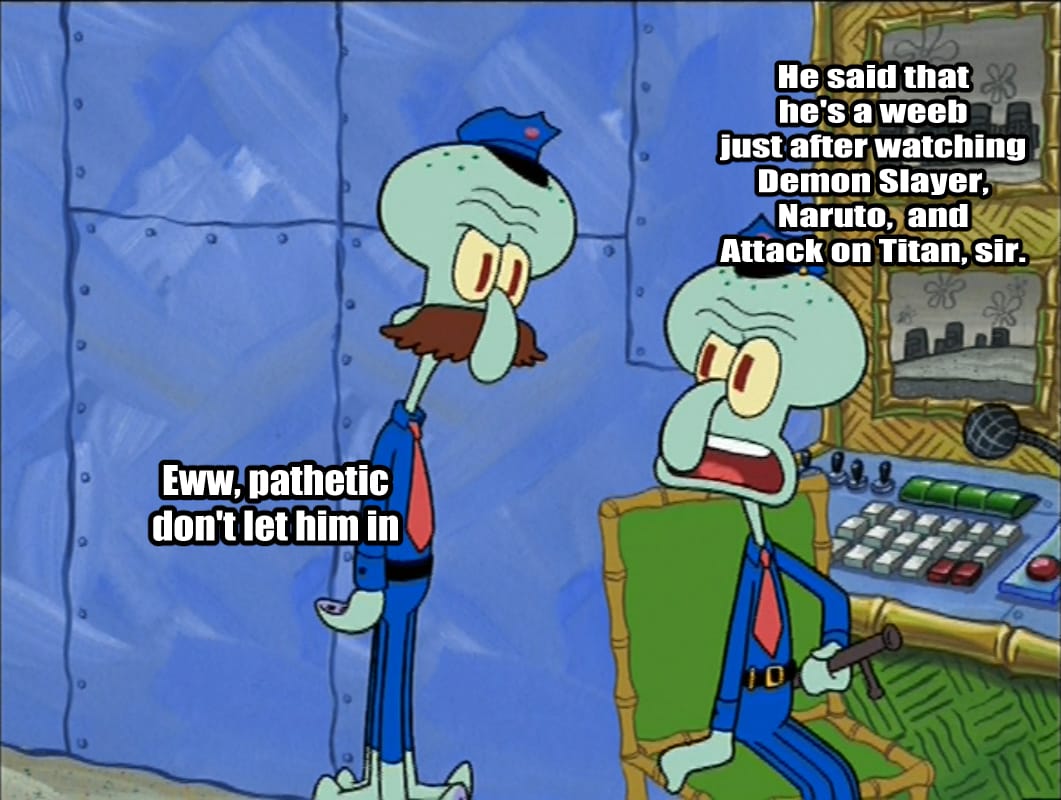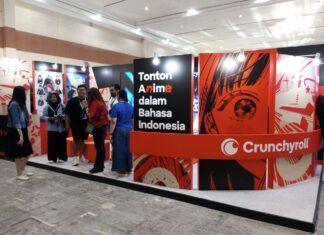Gatekeeping: Protecting and Controlling Information
In contrast to the form of gatekeeping that has been discussed, I feel that the concept of gatekeeping introduced by Lewin is more constructive. In Lewin’s model, gatekeeping is performed only by people who have an authority to filter information. The typical model of this form of gatekeeping can be found in the newspapers, where the editorial team decides on what news and articles are to be included in their newspapers. The news and articles are usually selected based on factors like the trending issue, or editorial policy and agenda that can affect the reputation of the newspaper—admittedly, this something that present-day media often neglect.

However, in the internet community there isn’t really an “editor”. Thus, such a role could be taken by administrators or “sepuh” members. Admins have a lot of power when it comes to controlling interaction in a community, while the “sepuh” have their own followers who take their words for granted. In my view, admins and “sepuh” need to curate the flow of information not only inside the community, but also the information that goes outside of the community through the “share” function. Admins are not only responsible for controlling interaction, but also selecting posts to filter out toxic contents and misinformation. While the “sepuh” needs to control their opinions and understand that their “power” over other people’s opinions could lead to debates that go nowhere. That is necessary for a community to be a place members can have healthy discussion and improve media literacy, not a place to where people are being elitist, making fun of certain anime or looking down on their fans.
But can “ordinary people” perform this gatekeeping function? Strictly speaking, no. But with the greater flow of information enabled by the Internet era, everyone is responsible to select the information they produce or share, making everyone a sort of “gatekeeper” on a personal level (Though I’m not entirely comfortable with this designation). Yes, we can share anything that we feel suits our taste or perspective; but would other people feel the same? Maybe we should take that into consideration too. Or maybe you can just discuss some stuff exclusively in a personal space. After all, not everyone wants to see what you’ve shared.
Gatekeeping: Do We Need To Do It?
I conclude that gatekeeping to promote elitism and exclusivity is nonsense. With anime and manga becoming more accessible, it’s only natural that the audience will include more range of people. Anime fans interacting outside of their fan groups also help to increase curiosity on the medium, as was the case when fans make references to JoJo’s Bizarre Adventure in the comments of Queen’s “Killer Queen” music video on YouTube (the song title is used as the name of a stand ability in the series). Moreover, as mentioned before, anime and manga being mass art means they aim to reach as much audience as possible (MacWilliams, 2008; Janssen & Verboord, 2015). More inclusion is a consequence we need to live with. I mean, what’s wrong with having new friends? What’s wrong with having a new perspective? Are we sure that our fandom cultures are already perfect with no problem that needs reparation and just need to be preserved as is?
What we need is not such “cultural” gatekeeping, but rather, informational gatekeeping. We need to filter the information we produce or share to support a healthy environment for discussion that improve the literacy of group members and outsider, not merely pursuing the number of reactions and shares. We also need to remember that outsiders will judge our community by reacting to how the members behave. Generalization or bad stereotypes, will form if the community members can’t control their behaviours. Ironically, it is often the people who are not engaging toxic behaviours who feel ashamed of their community’s bad reputation than those who are.
Reference
- An, K. & Cerasi, J. 2017. The Gatekeepers and Tastemakers Who Decide What We Call “Art”. Artsy. Accessed from https://www.artsy.net/article/artsy-editorial-gatekeepers-tastemakers-decide-call-art/amp. on March 9, 2021.
- Janssen, S. & Verboord, M. 2015. Cultural Mediators and Gatekeepers. From International Encyclopedia of the Social & Behavioral Sciences. Editor Wright, J. D. 2nd Edition Volume 5. Elsevier. Oxford.
- MacWilliams, M. W. 2008 Introduction to Japanese Visual Culture: Explorations in the World of Manga and Anime. In Japanese Visual Culture: Explorations in the World of Manga and Anime. Editor MacWilliams, M. W. First Edition. East Gate. NY. USA.
Written by Rizki Maulana A | Translated by Dany Muhammad | This opinion was originally published in Indonesian on KAORI Nusantara Indonesian site. It has been translated into English with the author’s permission | This opinion is the personal views of the author and does not represent the views and editorial policy of The Indonesian Times or KAORI Nusantara
Want to write for The Indonesian Anime Times or KAORI Nusantara? We invite you to write your opinion about anime, manga, Japanese study, or the Indonesian creative industry. Write your opinion in either English language or Indonesian and send it to [email protected]








